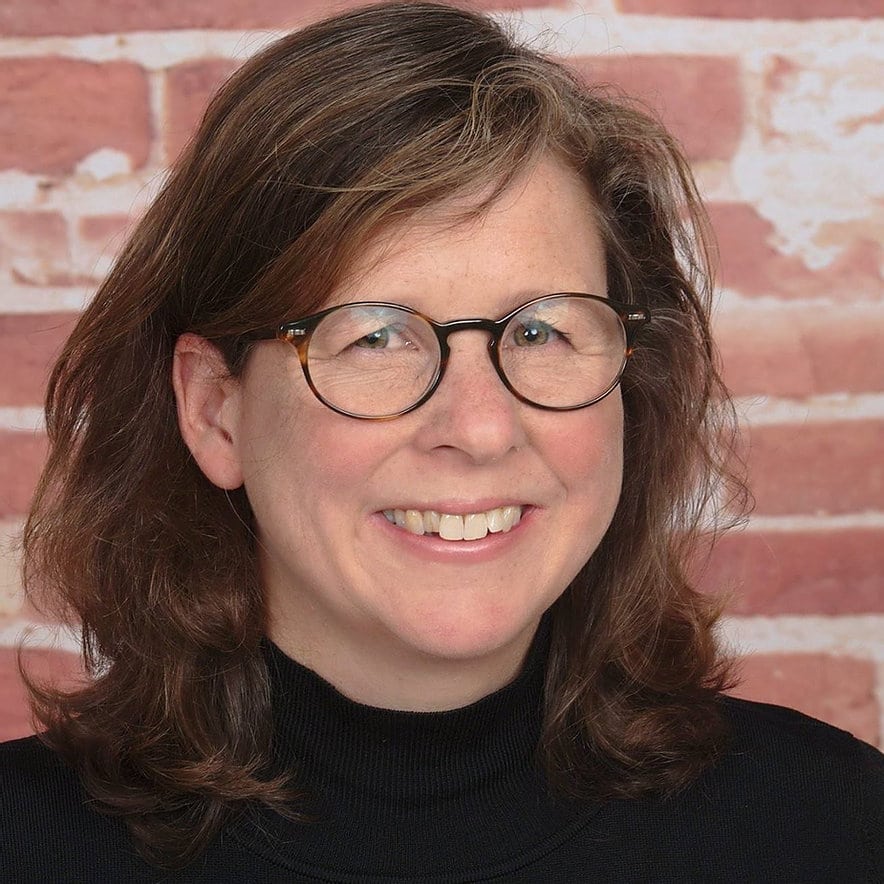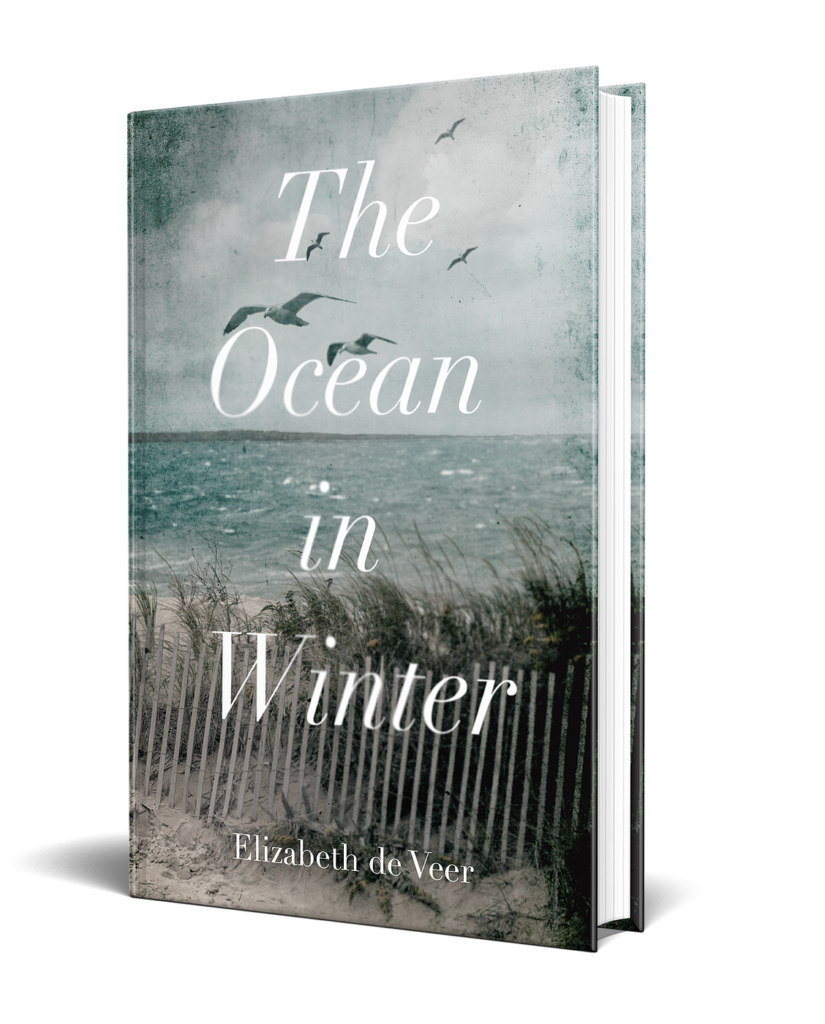Yeah, we got one, too.
Clients Crushin’ It: Elizabeth de Veer
Madison Utley speaks to Elizabeth de Veer ahead of the release of her first published novel, The Ocean in Winter, about the power of persistence and —perhaps, more importantly— how she refused to let the tumult of finding an agent or publisher put a dent in her love of writing.

Q: When did writing start to become a more significant part of your life?
A: In 2003, I decided to start taking writing seriously. Until then, I had jobs that weren’t just full-time jobs, but were all-the-time jobs. I’d be in the office until 9 or 10 o’clock five days a week, and come in on the weekends as well. I knew I needed a job with less responsibility, where they respected that I’d get the job done, but also that I had this other role in my life as a writer. I ended up in a great situation where I worked full-time a few days a week, and then had a few days I could just write. That’s how I got through my first novel, which is about the Dust Bowl. That’s where the journey began.
Q: Tell me about that journey.
A: By the time I finished my second novel, I had been looking for an agent for years. Many agents were interested and wanted to see the full manuscript, but nobody was ready to go forward. At some point during that period, I had posted my first novel in its entirety on this website where other writers could read it and leave feedback and many left really encouraging comments. My husband saw them and he was amazed at how many people liked my book. He took to the Internet and ended up finding a new agent who agreed to read my manuscript. One thing led to another and I ended up signing with him, which was really exciting.
Q: Did that feel like a turning point?
A: Absolutely. It was great having someone in my life who believed in me as a writer. Unfortunately, though, we didn’t find a publisher for my first and second novels. Then, I went back to a project I had been working on before my daughter was born. I looked at the first couple of pages and realized I needed to start over. It takes courage to say, “Don’t try to fix this. Think about what you love here, and take those pieces and use them to plant a new garden.” So, I started afresh. My daughter was in preschool twice a week then, so I’d go to a cafe to write those two days. But so much time passed between those writing sessions, I’d spend most of my time flipping through what I had written before. I’d end up spending these incredibly precious, brief periods of time trying to remember basic things like my character’s names. After a while, I realized writing every day, even if it’s only for ten minutes, helps you remember what your ideas were yesterday and then when you do have more time, you know what your intention is. That way, you get to sink your teeth into the questions that mean more.
 Q: When did Stuart enter into this process?
Q: When did Stuart enter into this process?
A: I finally got that third manuscript done and I gave it to my agent; he shopped it around but it still wasn’t quite there. That’s when I worked with Stuart. He got me thinking about things on such a different level. It’s incredible, the power of having somebody smart read something, somebody who gets what you’re trying to do and understands the impact you’re trying to have. The feedback he gave was so helpful. He was able to explain things to me and bring certain ideas forward in my consciousness.
Q: From there, how did things come together with Blackstone Publishing?
A: Someone said yes! I have been really thrilled to work with the great team at Blackstone. And now I am very excited that my book will be coming out this summer.
Q: What pushed you to keep writing through the years, even when you weren’t finding the traction you were looking for with your completed manuscripts?
A: I truly love writing. My advice? Even if you do get published, it still has to be about love. You have to be ready to write your truth, whatever form that comes in. Even if it doesn’t make sense to anybody else, you have to be willing to put yourself and your writing out there. You have to be brave about being creative and brave about being self-critical. And to know when one is needed and when the other should take a back seat. I felt a tremendous amount of freedom, and still do, with having a day job so my writing doesn’t have the responsibility of paying the mortgage. My writing can be whatever I need it to be. Sometimes it’s frustrating because time is an issue. But writing is the thing that makes me feel like I am the person I am. If you find the thing that makes you feel that way, it only makes sense to organize your life around it.
Q: What is your main takeaway from having been writing in earnest for nearly 20 years now?
A: Writing in any form, even if you’re not focusing on one project, should make you feel like you’re five years old, playing in the sandbox. You know how you could spend hours pouring the sand through your fingers, sitting in the moment and daydreaming about the world? It’s magical that when the sand is dry it’s one way and when it’s wet you can build castles out of it. And then you can smoosh those castles and start over. That’s how you should feel when you’re writing. Of course, it isn’t always like that. Sometimes it can be so discouraging after you’ve had another rejection, but creativity should bring you joy. I want everybody to find a way to feel that way: climb into the sandbox, play with the sand, have fun, and find that joy. Isn’t that what it’s all about?

Leave a Reply